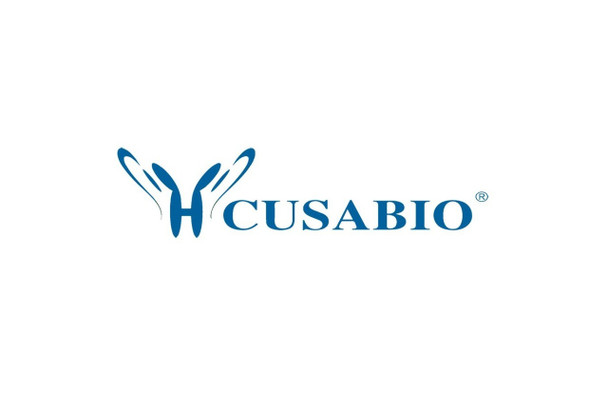Cusabio Polyclonal Antibodies
REG3G Antibody | CSB-PA019549KA01MO
- SKU:
- CSB-PA019549KA01MO
- Availability:
- 3 to 7 Working Days
- Size:
- 100ul (100ug)
Description
REG3G Antibody | CSB-PA019549KA01MO | Cusabio
REG3G Antibody is Available at Gentaur Genprice with the fastest delivery.
Online Order Payment is possible or send quotation to info@gentaur.com.
Product Type: Polyclonal Antibody
Target Names: Reg3g
Aliases: REG3G; AI449515
Background: The regeneration (REG) family consists of secretory proteins involved in liver, pancreatic, gastric and intestinal cell proliferation or differentiation. Members of the REG family are divided into four subclasses, designated types I, II, III and IV, all of which share a common gene structure containing five introns and six exons. Members of the Reg family have been implicated in the regulation of cell growth, tumorigenesis and the progression of cancer. Reg lll (regenerating islet-derived 3 gamma), also known as pancreatitis-associated protein 1B, PAP1B, or UNQ429, is a 175 amino acid secreted protein that is expressed almost exclusively in pancreas, with low levels of expression in testis. Reg lll functions as an antimicrobial protein involved in controlling bacterial proliferation and may be induced during acute pancreatitis. The gene encoding Reg lll maps to human chromosome 2, which houses over 1, 400 genes and comprises nearly 8% of the human genome.
Isotype: IgG
Conjugate: Non-conjugated
Clonality: Polyclonal
Uniport ID: O09049
Host Species: Rabbit
Species Reactivity: Human, Mouse, Rat
Immunogen: Recombinant protein of mouse REG3G
Immunogen Species: Human
Applications: ELISA, WB, IHC
Tested Applications: ELISA, WB, IHC;WB:1:500-1:2000, IHC:1:50-1:200
Purification Method: Affinity purification
Dilution Ratio1: ELISA:1:2000-1:10000
Dilution Ratio2: WB:1:500-1:2000
Dilution Ratio3: IHC:1:50-1:200
Dilution Ratio4:
Dilution Ratio5:
Dilution Ratio6:
Buffer: Buffer: PBS with 0.02% sodium azide, 50% glycerol, pH7.3.
Form: liquid
Storage: Upon receipt, store at -20°C or -80°C. Avoid repeated freeze.
Initial Research Areas: Immunology
Research Areas: Immunology






